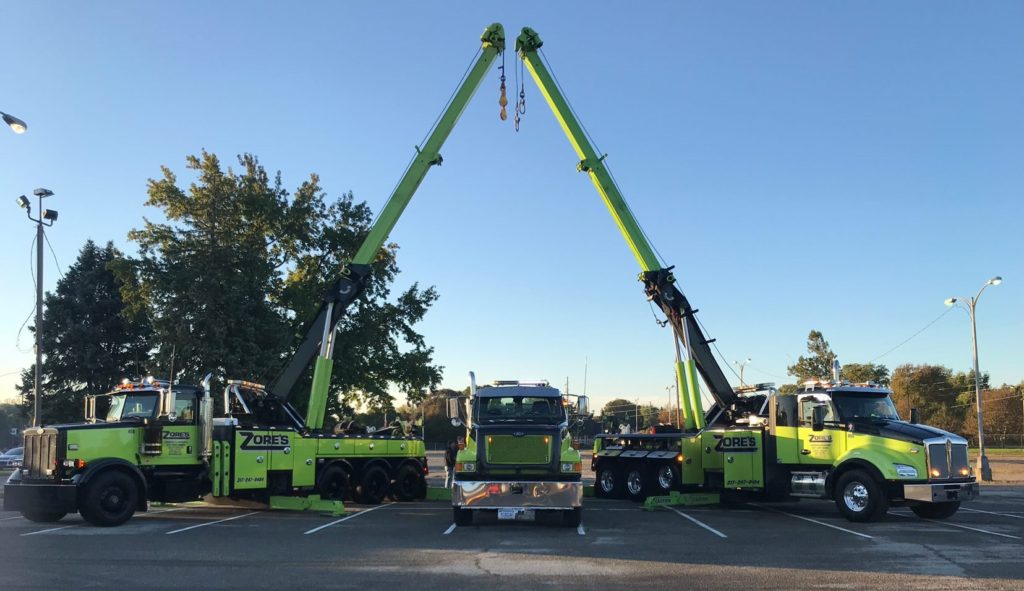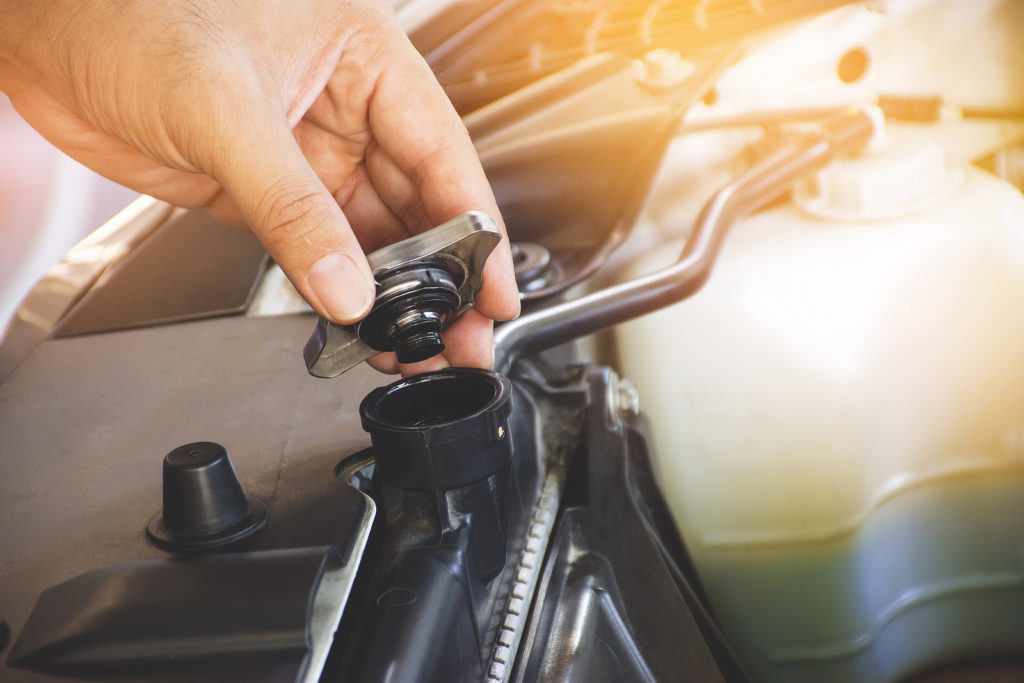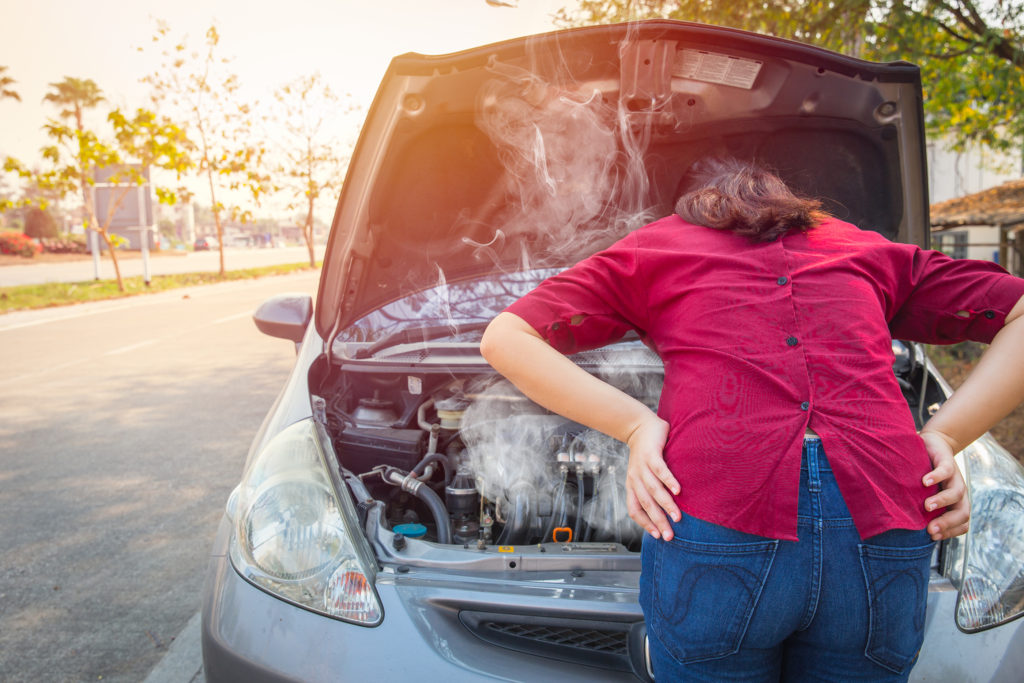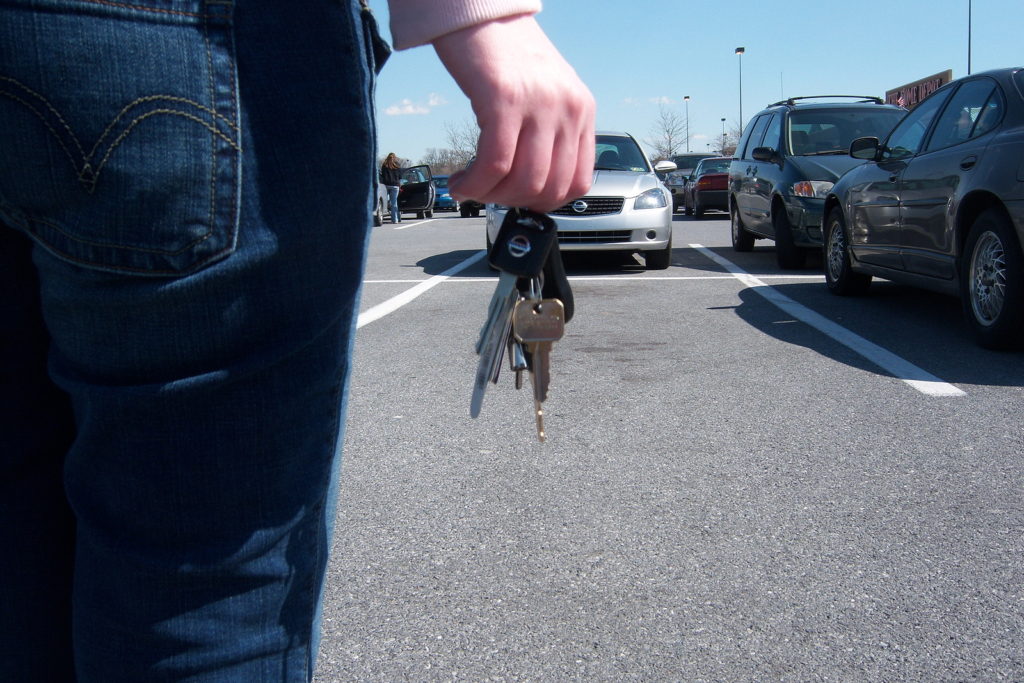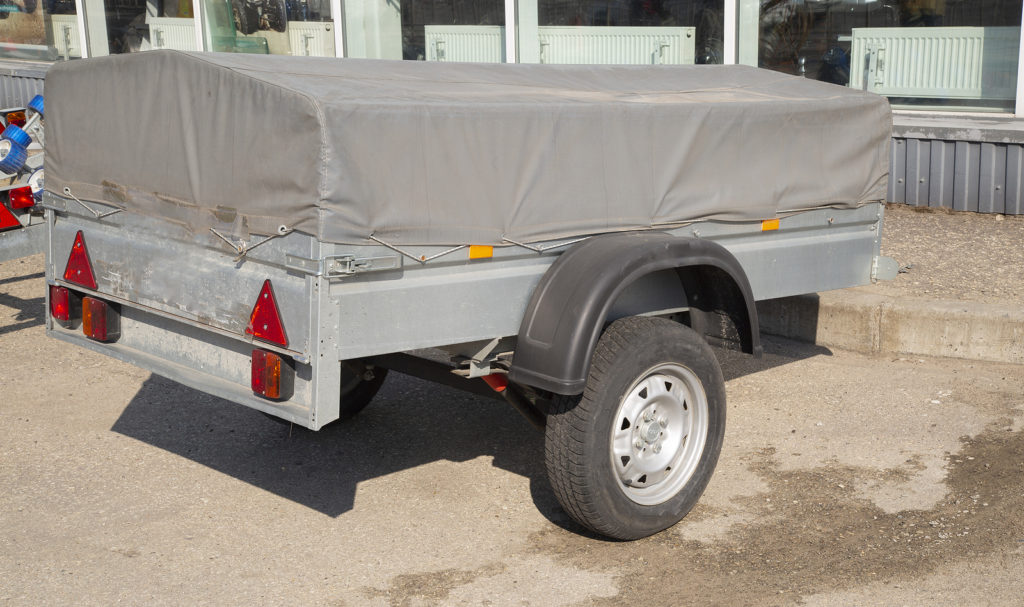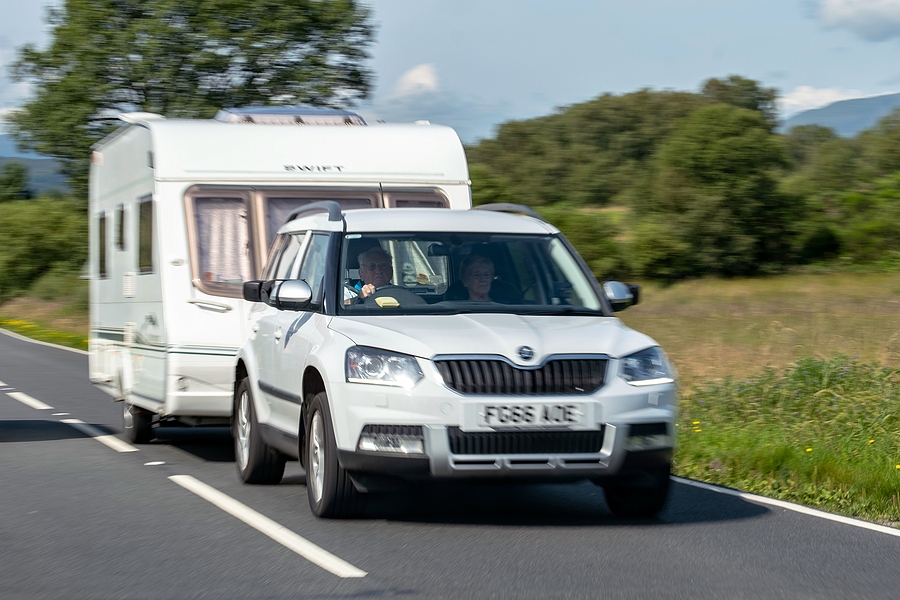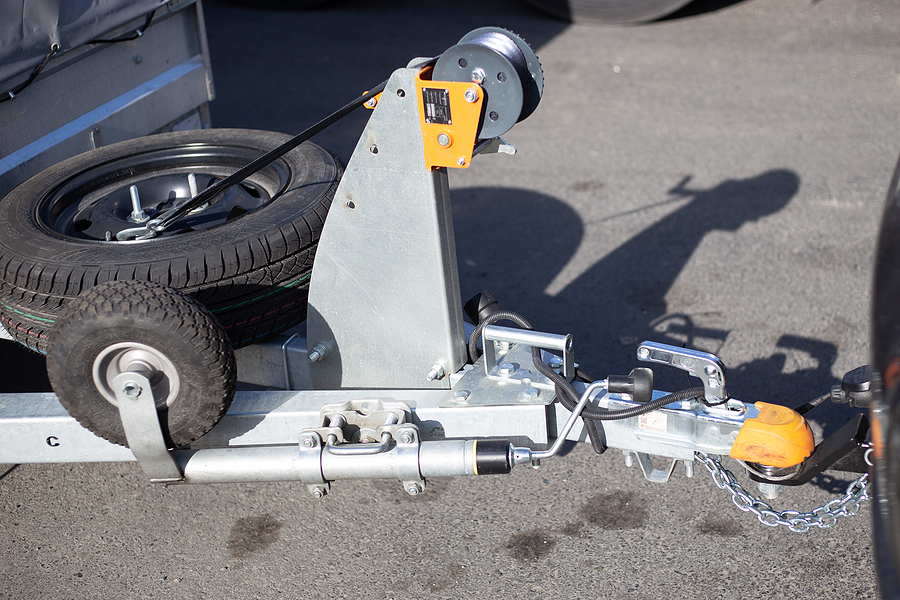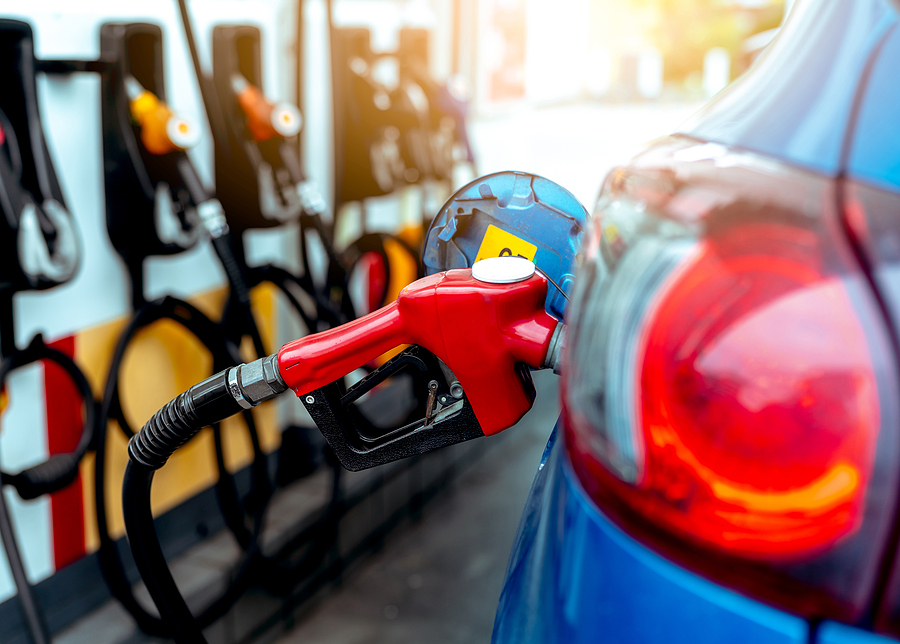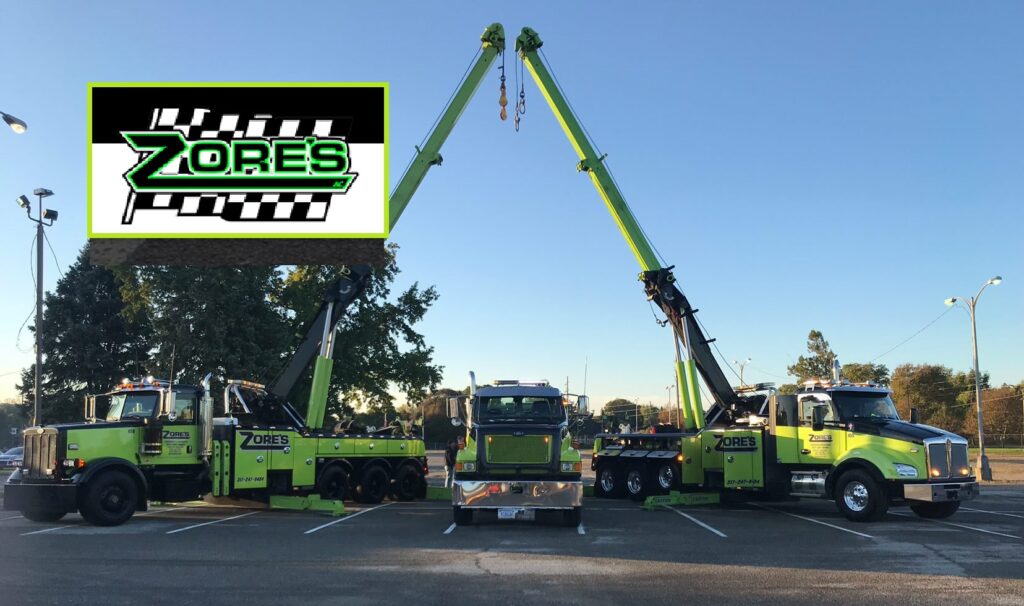
Central Indiana Towing and Recovery
Zore’s Towing has been in business for 90 years. So, when you need Indianapolis towing and recovery services you can trust, we are the experienced professionals to call. Our skilled wrecker operators are licensed and certified by the state of Indiana, and all our towing trucks are radio-dispatched and equipped with cutting-edge GPS systems for quicker response times. That means that when you call Zore’s Towing for help, you can expect prompt and professional service at a fair price.
Our extensive fleet of state-of-the-art tow trucks and wrecker equipment allows us to manage any job safely and efficiently, regardless of size or scope. We also retain a highly-advanced incident and management response truck to provide emergency road and accident clearance services, state-wide.
Our Impressive Fleet Will Not and Cannot Let You Down
Zore’s Inc. has over 35 tow trucks and wrecker equipment in their private fleet! This includes the one crane truck, 14 flatbed tow trucks, 5 heavy duty wreckers, bulldozers, forklifts, portable car crusher, and 16 other assorted types of tow trucks! This makes us one of the largest towing and recovery operations in the state! And since we operate 24 hours a day, 7 days a week, and 365 days a year, you can call on us for help anytime.
We Tow Any Vehicle – Any Condition – Anytime – Anywhere!
Here at Zore’s Towing, our tow truck operators are fully-equipped and trained to provide a wide range of towing and recovery services in Indianapolis and throughout Central Indiana, including light duty tows, medium duty tows, heavy duty tows, roadside assistance, controlled rolls, water recovery, property management, quick clearance, heavy equipment transport, and much more. Whether it’s a National holiday or an ice blizzard, nothing will stop us, nor our fleet of tow trucks and wrecker equipment, from performing our duties and following through with our passion to help our communities.
We are an Active Member of Our Community
We are fully-certified operators for up-righting, winching, and safely returning vehicles to the roadway. In fact, Zore’s Towing provides towing service for multiple police departments across the city (Boone, Hendricks, Clermont, Lebanon, Speedway, Avon, Whitestown, Plainfield, and the Indiana Police Department)! We also work closely with Hoosier Helper Tool, provide traffic incident management (TIM) services for collisions and storm damages, and have won prestigious awards for our respected credentials, achievements, and service.
Are you in need of an emergency tow or some other type of roadside assistance? Contact us at 317-247-8484 to speak with a friendly office representative about our Indianapolis IN towing and recovery services, today.
You Might Also Like:
Long Distance Driving Tips for Summer
How to Jump Start a Dead Car Battery
3 Safe Ways to Pull a Car Out of a Ditch


